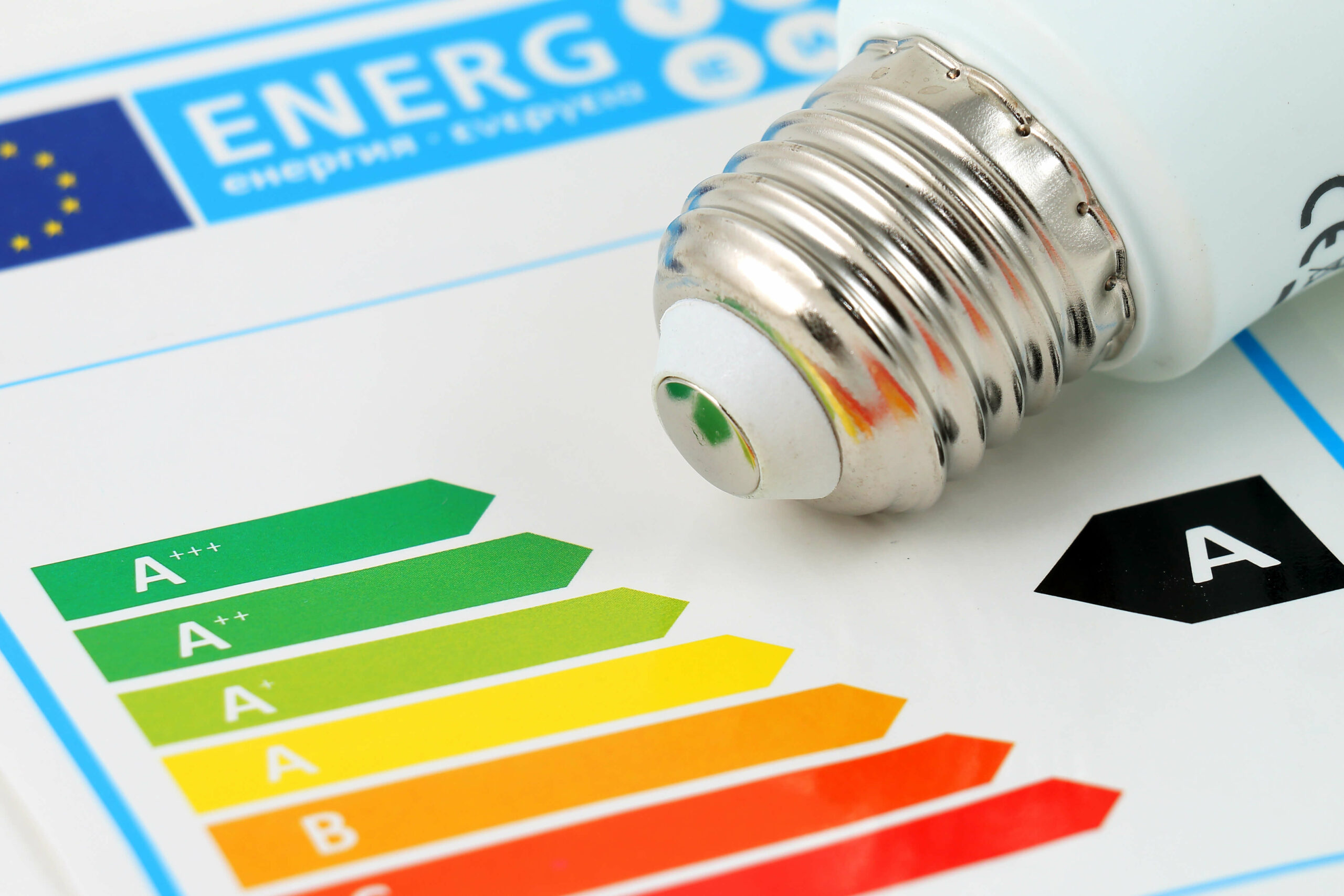HOMENEWS & INSIGHTS
Energy Performance Certificates, or EPCs, explained
We take a look at Energy Performance Certificates, including why you need one, where you can get one and what they mean.
If you are selling your house or flat, you are legally required to supply potential purchasers with an Energy Performance Certificate. This gives information about the energy efficiency of your property and is supplied to the buyer early on in the transaction, usually with the estate agent’s particulars.
What is an Energy Performance Certificate?
An Energy Performance Certificate or EPC is a document that gives your home an energy efficiency rating, from A to G, with A being the most energy efficient. It became a legal requirement to obtain an EPC in 2008.
As well as being required when you sell, it is also a legal requirement for landlords to have a valid EPC. Landlords need to have a minimum of an E rating for properties they will be letting. This is being increased to a C rating from 1 April 2025.
Where a seller or a landlord does not have an EPC, they could be fined up to £5,000. The potential fine for landlords will increase to £30,000 from 2025.
As well as an energy rating, the EPC gives recommendations for saving energy as well as the estimated cost of carrying out works to improve energy efficiency and how much the potential savings could be.
Supplying an Energy Performance Certificate
If your property does not already have an EPC, you need to commission one before you let it out or it is put on the market. Once the property goes on the market, you or your estate agent are required to use all reasonable efforts to ensure that the EPC is available within seven days. A further 21 days is allowed if after using all reasonable efforts an EPC has still not been prepared.
How to request an Energy Performance Certificate
The EPC survey must be carried out by an accredited domestic energy assessor. You can find an assessor in your area by using the government’s EPC register. Your estate agent may offer to arrange this for you.
The assessor will need access to all of the rooms in your property as well as the loft space. They will also inspect heating systems, the glazing and the roof construction as well as looking at the type of building, for example whether it is detached or terraced, the age of the building, the material from which it is constructed, the size of the building and alterations such as extensions or loft conversions.
An EPC is valid for ten years, so if you bought your property recently, you may already have an EPC that you can use. You can check this on the government’s website on their ‘Find an energy certificate’ page by entering your postcode.
If you have upgraded anything which could make a difference to the rating, you may want to pay for a new certificate as a higher rating will make your property more attractive to buyers.
Energy improvements
Your EPC will note any improvements that you could consider. Recommendations could include:
- Loft insulation
- Cavity wall insulation
- Floor insulation
- Low energy lighting
- Heating controls (room thermostat)
- Replacing boiler with a heat pump system
- Solar water heating
- Solar panels
- Installing a smart meter
Contact us
For further advice or information please contact one of our Residential Property experts.
This article is for general information only and does not constitute legal or professional advice. Please note that the law may have changed since this article was published.
Share article
Our offices
Contact Us
5 Poole Road
Bournemouth
Dorset
BH2 5QL
Tel 01202 377800
9 Poole Road
Bournemouth
Dorset
BH2 5QR
01202 377800


